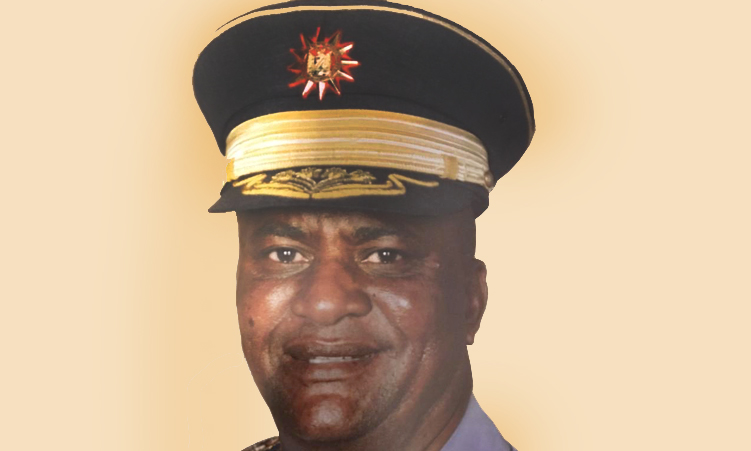A row between the Ovaherero Traditional Chiefs and the Namibian government over differences on how the 1904-1908 genocide is viewed has once again burst into the public domain.
At issue is how the chiefs believe an apology and reparations should be handled in negotiations with the German government.
This is reflected in a formal communication between the office of the vice president and the chairperson of the Okandjoze Chief Assembly on Genocide.
On 16 November 2023, the vice president invited the chiefs of affected communities to a consultation in Windhoek, set for 29 November to 1 December.
The aim was to update them on the genocide negotiations between the Namibian and German governments.
In response, the chairperson of Okandjoze Chief Assembly on Genocide vehemently bemoaned the fact that previous correspondence to the vice president’s office on the handling of the reparations had not been answered.
The chiefs demanded feedback and said only then would “they be able to establish their position vis-a-vis the invitation to the envisaged consultative meeting”.
The meeting was subsequently cancelled.
The genesis of the current negotiations was prompted by a motion by the late chief Chief Kuaima Riruako on 26 September 2006, which was tabled in parliament primarily to secure acknowledgement from Germany that its imperial troops committed genocide against the Ovaherero and Nama, and to seek a genuine apology and reparations for affected communities.
The motion was unanimously adopted. It outlined four principles that formed the basis and mandate for future negotiations and final agreement or settlement with Germany on the genocide:
- What happened to the Ovaherero and Nama during the 1904-1908 was a brutal act of genocide sanctioned by the German government of the day;
- The Ovaherero and Nama are entitled to demand reparations from the German government;
- The Namibian government should be an interested party in any discussions between its nationals and the German government on reparations, and
- Dialogue should be convened between the Namibian government and representatives of the victims’ communities and, on the other hand, the German government, to try and resolve the matter amicably and thereby strengthen and solidify the excellent relationship between the two countries.
Technically, it should have been a joint team effort on the Namibian side to accomplish the objective.
There’s a proverb in the Otjiherero language that says: “Tjakangua nu katjinomunuke”.
It means “there’s a scent in the air but there’s no one to perceive it”.
A lack of cooperation and coordination between the government and traditional chiefs has been evident since the negotiations started in earnest.
Trust needs to be created.
Trust effectively serves as a competitive advantage as it creates an environment of openness, and mutual understanding, while collaboration and problem-solving are enhanced.
Regrettably, cultural biases – including misconceptions and stereotypes – can hinder trust-building in cross-cultural negotiations. Understanding cultural norms and values, respecting differences, and demonstrating empathy and understanding of one another can contribute to trust-building.
The best strategy to rebuild trust in the current negotiations is for leaders to acknowledge setbacks and express regret for not reaching a mutually beneficial outcome.
They should identify areas where improvements can be made and show a willingness to compromise in the interest of finding an acceptable solution.
Under the best of circumstances, negotiations can be difficult, especially when there are different expectations and goals. It is vital to clearly understand each other’s perspectives.The need for questions like what is going on, what went wrong, the main concerns or objectives, and what the affected communities would have liked to see done differently are cardinal issues.
Alternatively, offer a solution that addresses the expectations of the descendants of the victims, or propose a revised offer and explain how the situation can benefit affected communities. Such an approach would undoubtedly increase trust and credibility of the negotiation process.
If not, what is the end game or what is our government’s accountability towards these communities?
– Major general JB Tjivikua is a descendant of the victims of the 1904-1908 genocide.
Stay informed with The Namibian – your source for credible journalism. Get in-depth reporting and opinions for
only N$85 a month. Invest in journalism, invest in democracy –
Subscribe Now!






